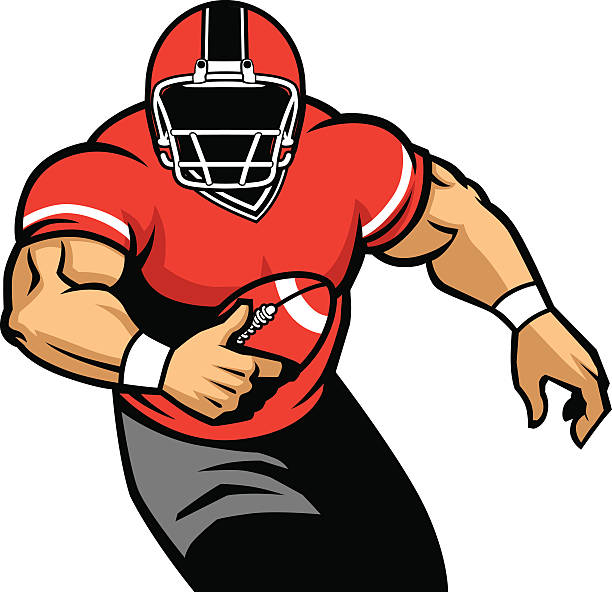How Does Sports Betting Work
Sports betting has evolved into a multi-billion-dollar industry, captivating sports enthusiasts and gamblers worldwide. Whether it’s placing a wager on a favorite team or predicting the performance of individual players, understanding the workings of sports betting is crucial. In this analysis, we will explore the key components of sports betting, including bookmaking, events, teams, players & runners, markets, odds, and in-play betting.
Bookmaking:
Bookmaking is the process of accepting and facilitating bets on various sporting events. Bookmakers, also known as sportsbooks or bookies, act as intermediaries between bettors and set the odds for different outcomes. They aim to attract balanced betting to ensure a profit regardless of the outcome. Bookmakers analyze various factors such as team form, player performance, and historical data to set accurate odds that reflect the probabilities of different outcomes.
Events:
Sports betting covers a wide range of events across different sports. From popular team sports like football, basketball, and baseball to individual sports like tennis, golf, and boxing, there is a vast array of events available for betting. Additionally, major sporting events like the Super Bowl, FIFA World Cup, Wimbledon, and the Olympics attract significant betting activity.
Teams, Players and Runners:
In team sports, bettors can place wagers on specific teams to win a game or tournament. They analyze factors like team form, head-to-head records, and player availability to make informed decisions. In individual sports, such as tennis or horse racing, bettors can focus on specific players or runners and predict their performance or finishing position. Evaluating player or runner form, past performances, and track records can be key factors in making successful bets.
Markets:
Sports betting offers a variety of markets, representing the different outcomes or events that bettors can wager on. Common markets include match winners, point spreads, over/under totals, first goal/point scorer, player performance, and many more. The availability of markets varies across sports and events, allowing bettors to choose from a range of options based on their preferences and expertise.
Odds:
Odds represent the probability of a specific outcome occurring and determine the potential payout for a winning bet. Bookmakers use complex algorithms and analysis to set odds, taking into account various factors such as team strength, recent form, injuries, and public sentiment. Odds can be presented in different formats, including decimal, fractional, or moneyline, depending on the region and the sportsbook. Understanding how odds work and interpreting them correctly is crucial for successful sports betting.
In-Play Betting:
In-play or live betting has revolutionized the sports betting industry. It allows bettors to place wagers on events while they are happening, providing an exciting and dynamic betting experience. In-play betting opens up new opportunities as odds continuously change based on the game’s progress. Bettors can analyze the flow of the game, momentum shifts, and player performance to make real-time predictions and adjust their bets accordingly.
Conclusion:
Sports betting involves several key components, including bookmaking, events, teams, players & runners, markets, odds, and in-play betting. Understanding these elements is essential for making informed betting decisions. Bettors should conduct thorough research, analyze relevant data, and consider factors like team form, player performance, and market dynamics. Responsible gambling practices and maintaining a strategic approach are key to enhancing the overall sports betting experience.


















